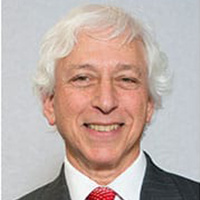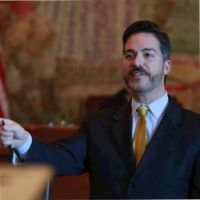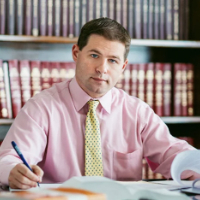Little Falls RICO Act Lawyer, New Jersey
Sponsored Law Firm
-
 x
x

Click For More Info:
-
Francis P. Crotty Esq.
103 Sterling Dr Franklin Lakes, NJ 07417» view mapCriminal Defense Experience You Can Trust
Let Francis P. Crotty Esq. handle all of your criminal defense legal matters today.
201-294-6462
Not enough matches for Little Falls RICO Act lawyer.
Below are all Little Falls Criminal lawyers.
Lindsay A. Bernstein
✓ VERIFIEDI am an experienced attorney in New Jersey with substantial experience in municipal court handling traffic matters and criminal cases. I work hand in ... (more)
Carl G. Zoecklein
✓ VERIFIEDCarl G. Zoecklein, graduated from Seton Hall Law School in 1989, passed the New Jersey Bar in 1990 and became a licensed Attorney in the State of New ... (more)
Joel Bacher
✓ VERIFIEDThe Law Office of Joel M. Bacher, is located in Wayne, New Jersey. For over 40 years, I have been providing legal counsel to individuals and small bus... (more)
Albert Cernadas
✓ VERIFIEDAlbert Cernadas Jr. is the former First Assistant Prosecutor of Union County and Certified by the Supreme Court of New Jersey as a Criminal Attorney. ... (more)
Jose Raul Torres
✓ VERIFIEDJosé R. Torres is experienced in real estate, bankruptcy and criminal defense. He also counsels clients in customs
Christopher Raymond Fritz
✓ VERIFIEDIntroducing Christopher Fritz: A Resolute Advocate for Divorce and Family Law in New Jersey. In the realm of divorce and family law, one name stand... (more)
Joseph John Donatiello
✓ VERIFIEDJoseph Donatiello was born and raised in Northern New Jersey and received his J.D. in 2009 from Rutgers School of Law in Newark. Following law school,... (more)
Timothy Edmund Burke
FREE CONSULTATION
CONTACT Francis Crotty Franklin Lakes, NJ
Francis Crotty Franklin Lakes, NJ Practice AreasExpertise
Practice AreasExpertise








